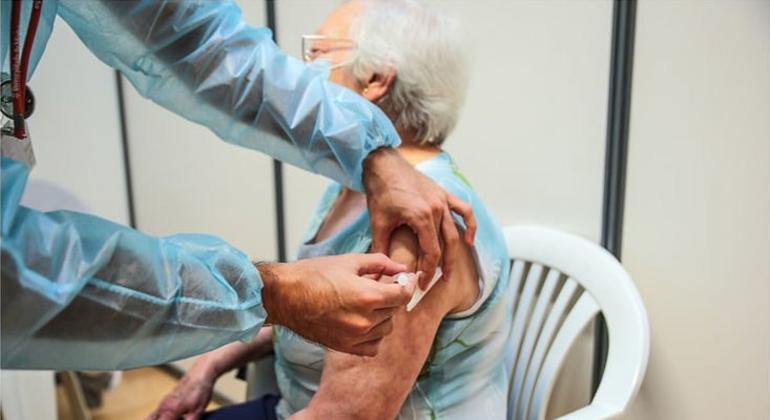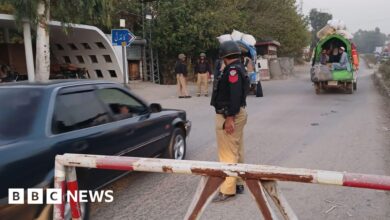The United Nations health agency WHO said it would end collective amnesia because of Covid-19


Coronaviruses such as COVID, influenza and respiratory syncytial virus (RSV) “must be taken seriously” because they are especially dangerous for at-risk groups including the elderly, pregnant women and people with chronic or current illness, WHO Europe emphasized when launching a protection campaign throughout the region.
“Mass amnesia on COVID-19 has set up and this is worrying,” said WHO Europe Regional Director Dr. Hans Kluge. “Individuals, communities and countries understandably want to overcome the pain of the pandemic years. Not yet COVID-19 is still very much with us, co-circulating with other respiratory viruses.”
European focus
The WHO official noted that 53 countries across Europe and Central Asia still had up to 72,000 seasonal flu deaths, accounting for about 20% of the global burden. “The majority of these deaths could have been prevented,” he said, adding that the most vulnerable “must be protected” by vaccines, which have been proven to prevent disease and serious consequences.
In the 28 days to September 22, health authorities in the WHO European region reported more than 278,000 COVID-19 cases and 748 deaths, from Cyprus to Moldova and from Ireland to Russia. These numbers are higher than in any other WHO region and may be underestimatedsaid the United Nations health agency.
According to WHO dataCOVID-19 has killed more than seven million people since the outbreak began in late 2019, with most deaths reported in the United States (1.2 million), Brazil (702,000), India (534,000) and Russia (403,000).
Unpredictable pathogens
“Covid-19 has devastated every corner of the planet,” Dr. Kluge said. “Mpox clade II emerged unexpectedly in Europe in 2022 and continues to circulate in the region, even as mpox clade I in Central East Africa caused a Public Health Emergency of international concern . And RSV and influenza will continue to spread with greater intensity in the coming months, especially as more people gather indoors due to colder weather.”
National health authorities should fulfill their role in protecting vulnerable populations, the senior WHO official continued, calling for greater investment in public health to protect overburdened medical staff.
Dr Kluge warned new and existing viruses could “wreak havoc on health systems, economies and societies” in a call for regular and consistent surveillance and monitoring to “ensure we Be ready for the next major health emergency, whenever and wherever it happens.” ”.
As part of WHO’s public health campaign in Europe to stop the spread of influenza and other respiratory illnesses, the UN agency notes that key protective measures include Stay home when sick, practice hand and cough hygiene, and ensure proper ventilation.
WHO added that vulnerable populations including people with weakened immune systems and anyone who believes they may have been infected with a respiratory virus should wear well-fitted masks in public spaces. crowded or closed.
“Protecting against respiratory viruses is a shared responsibility of governments and society as a whole,” said WHO’s Dr. Kluge. “Everyone should play their part in promoting a culture of care and solidarity with vulnerable people.”




